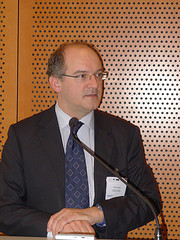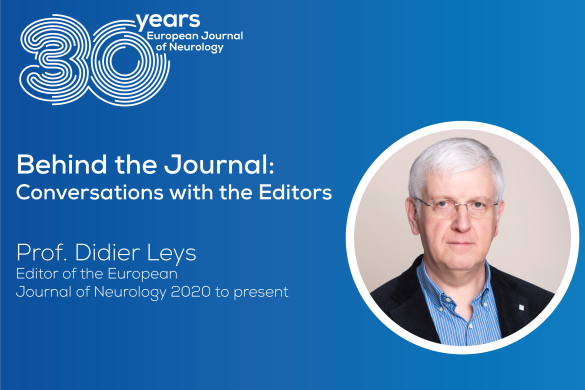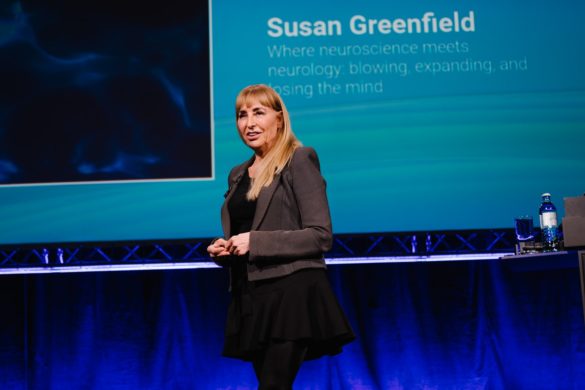 The European Month of the Brain (EMoB) in May 2013 is sure to be a fantastic showcase of up and coming research and policy issues.
The European Month of the Brain (EMoB) in May 2013 is sure to be a fantastic showcase of up and coming research and policy issues.
Dr. Philippe Cupers, European Commission, DG REsearch and Innovation; Head Sector Neuroscience of Unit F2 Medical Research
Gian Luigi Lenzi (GLL): What events are going on during this month, and what other events do you expect to secure?
Philippe Cupers (PC): The European Month of the Brain will provide a framework to raise awareness on brain research and healthcare issues. It is an umbrella initiative open to any stakeholders who want to organise a specific event raising awareness on brain research and healthcare issues. Through the European Month of the Brain, we want to (i) showcase EU-supported achievements in the area of brain research and healthcare, (ii) outline foresight research and policy lines in this area, (iii) mobilise Member States and Associated Countries to better coordinate and optimise resources allocated to brain research and healthcare, and (iv) raise awareness among the public, including lifting taboos associated with brain health issues.
Each stakeholder is free to decide which actions he is interested to undertake, e.g. workshops, exhibitions, «brain days», school-targeted activities, open days at institutes/labs and/or press activities. A list of events is available at the web page http://ec.europa.eu/research/conferences/2013/brain-month/index_en.cfm?pg=other-activities
The Commission is organising two conferences: ‘European Brain Research: Successes and Next Challenges’ in Brussels on 14 May and ‘Healthy Brain: Healthy Europe – A new horizon for brain research and healthcare in Europe’ in Dublin on 27-28 May. The latter is organised jointly with Ireland’s Health Research Board, on behalf of the Irish Presidency of the Council. Those two conferences will be very important in the context of Horizon 2020. Research issues will specifically be addressed at the conference in Brussels, while the Dublin conference will provide policy recommendations for brain research and healthcare. Stakeholders are welcome to register for both conferences.
GLL: What are the research priorities within brain research for the Horizon 2020 programme?
PC: The Commission’s proposal for Horizon 2020 sets up the frame for the EU future research and innovation programmes for the period 2014-2020, with an ambitious proposed budget of € 80 billion. Horizon 2020 is currently in negotiation with the European Council and the European Parliament, and its final structure and budget breakdown will depend on the results of those discussions. There will be opportunities for brain research in Horizon 2020, in all three pillars of the programme: ‘Excellent science’, ‘Industrial leadership’ and ‘Societal Challenges’. In particular, the ‘Health, demographic change and well-being’ challenge will address improving diagnosis, understanding and treating diseases, or promoting integrated care, all areas fully relevant for brain research. Note that this challenge will follow a problem-solving approach rather than a horizontal disease approach.
GLL: Could you explain how the EMoB is intending to raise awareness about the intensity of “hidden” brain diseases ranging from depression to degeneration as well as age-related dementias, stroke, and to somehow personalise these issues?
PC: This specific point is expected to be addressed in two ways.
Firstly, the conference organised in Dublin should come up with clear conclusions and policy recommendations, including lifting taboos associated with brain health issues. Those issues can be specifically addressed within two sessions of the conference (i.e. session II on ‘the brain challenge’ and session V on ‘the inclusive brain: changing paradigms’).
Secondly, we trust that several other events organised by stakeholders during the European Month of the Brain, including by patient organisations, will address this specific issue and provide with relevant feed-back.
GLL: Thank you for your time.










